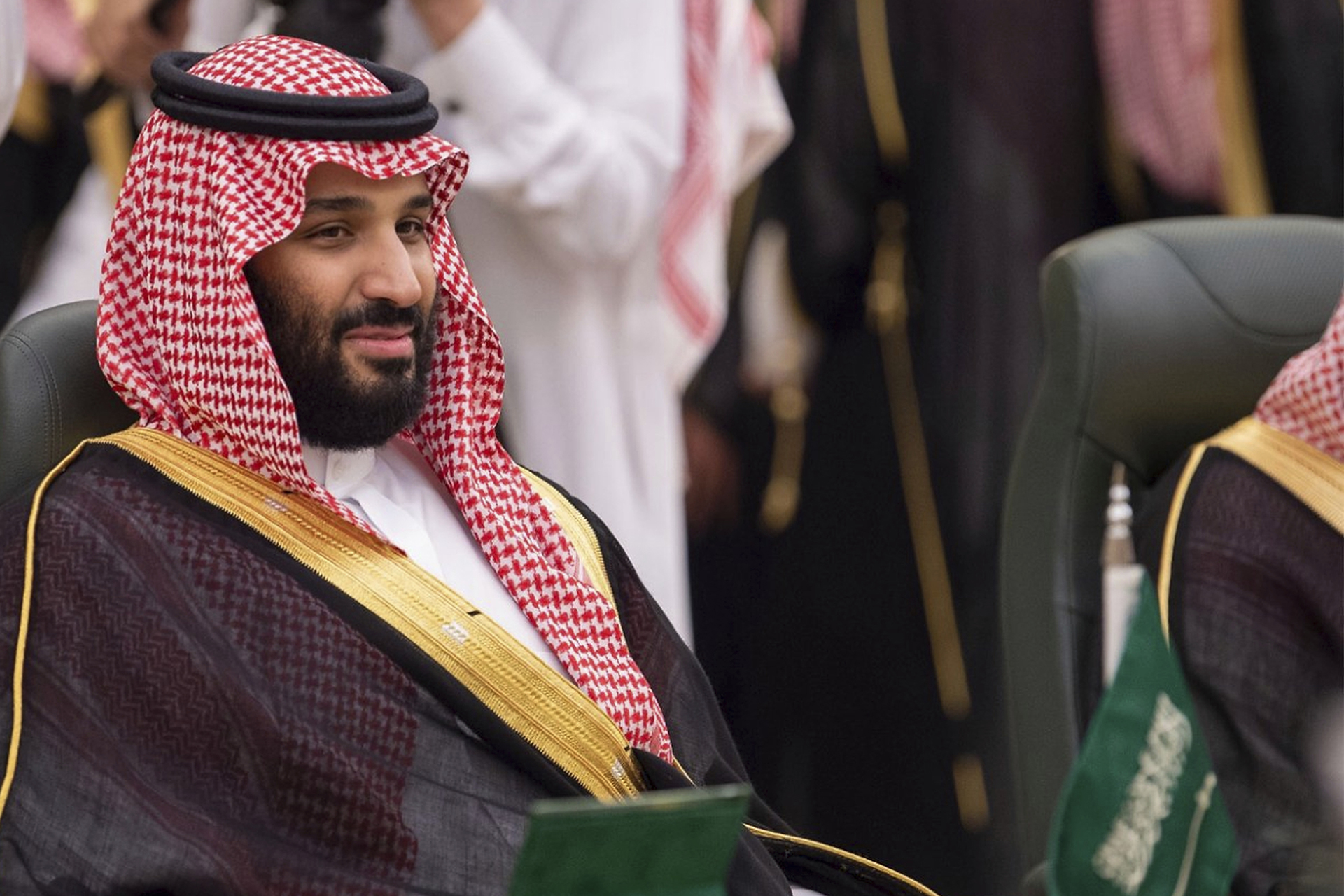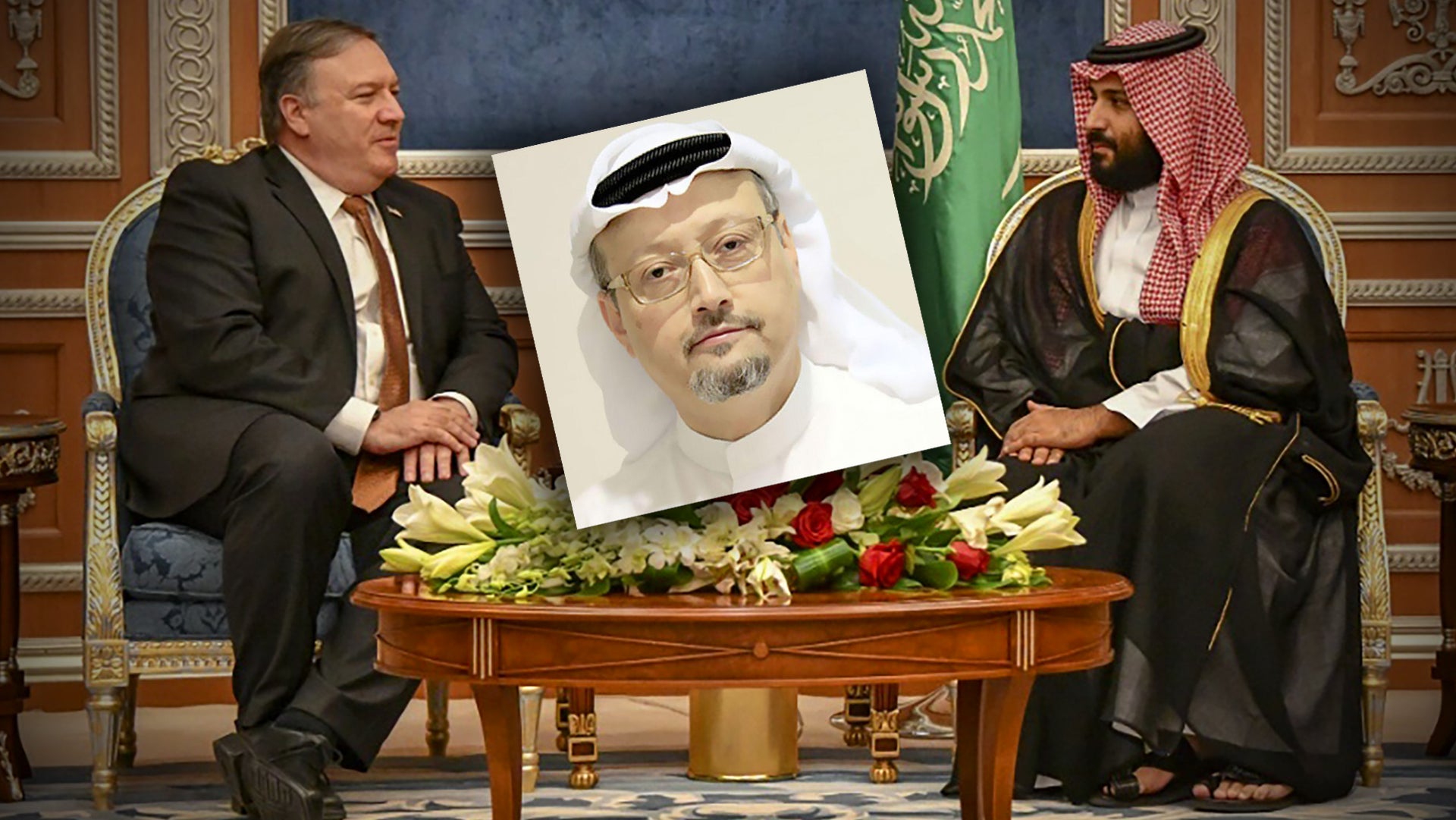For most stories that have the potential for this large of a geopolitical and strategic impact, I have a take ready to go pretty quick. In this rare case, I have been at a loss for words. The reports surrounding the mysterious murder of journalist Jamal Khashoggi have been especially bizarre, with claims of recordings of torture and direct orders from the very top of Saudi Royal apparatus popping up everywhere, but without any real evidence to support them. On top of that, accusations that the Trump administration is straight-up protecting Saudi Arabian interests have also blurred the facts—or the lack thereof—surrounding the case. The entire thing is nearly as bizarre as it is tragic and it is just the type of event that can send old alliances crashing to the ground. So, yeah, it’s time we talk about it.
The top rungs of the Saudi Royal Court are notoriously insular. They preside over an incredibly rich police state of sorts that demands allegiance from its largely bought-off population. For decades, even though The Kingdom has been a close ally of the United States, it has eschewed anything but traditional American values and the deeper you dig the darker that cold harsh reality becomes. But ordering a state-sanctioned hit on a journalist that lives in the U.S., a murder that was to go down within the walls of Saudi Arabia’s own consulate in a foreign land—a NATO ally of the U.S. no less—sounds absurd even for the Saudis. What on earth beneficial could come of such a harebrained scheme? What game tree concludes in a positive outcome? I can’t see any. And clearly, if the Saudis really want someone to disappear, there are far less suspicious or complex ways of going about it.
After being bombarded with all types of takes on the incident, some of which were absurdly far-fetched and seemingly partisan motivated, I tweeted what I thought most likely happened after the doors of Saudi Arabia’s consulate in Istanbul closed on that terrible day—that it was likely the result of a devious plot that did not aim to murder Khashoggi, at least not there, but one that was inexcusable nonetheless. And that plan went very wrong, leading to the death of the Khashoggi in the consulate. This would help explain some of the known events that day, including two separate teams arriving from Saudi Arabia, one to handle the aftermath of the unplanned circumstances. You can see my tweet dated October 11th, 2018 below:
After much diplomatic paddy-cake and even more rumors, Saudi Arabia has now come out claiming this is more or less what happened—Khashoggi died in a struggle at the consulate and that whatever they had intended to do to him, it did not include murder. This could be a total lie and I could be flat-out wrong as well, but this is where we stand at this time.
Although President Trump’s seemingly timid statements on the matter have raised a lot of commotion— there is a long relationship between Trump’s family and the Saudis—I do full-heartedly agree with the President on his sentiment that we need to know all the facts first before major actions should be taken.
People may hate the fact that United States has close diplomatic and military ties with Saudi Arabia for a whole variety of valid reasons—those range from the brutal war in Yemen to the country’s long past of proliferating extremist Wahhabism teachings—but the fact is that they are a critical security partner and the strongest Arab power. They are also a major counter-balancing component when it comes to Iran and they are key when it comes to stabilizing world oil prices. And yes, they are huge customers of America’s weapons industry. All of this could and should be reevaluated depending on the findings of the Khashoggi investigation, but a knee-jerk reaction could needlessly send an already unstable but strategically critical region into chaos.
You can be certain that Crown Prince Mohammad bin Salman bin Abdulaziz Al Saud, better known as MBS, who has proven more than capable at ruthlessly consolidating power, and his increasingly absent father King Salman will attempt to blame members of the Saudi security apparatus and even lesser royals for this mess in an attempt to keep their rule over The Kingdom untarnished. In other words, no matter who is really responsible, expect plenty of fall guys to be publically punished over Khashoggi’s death in an attempt to satisfy the enraged world community. But the big question is, if this does indeed turn out to be the cause of the orders from the highest echelons of the royal family, even possibly from MBS himself, how does the United States react?

The U.S. military ending all support for the Saudi-led coalition’s war in Yemen could be one move that may kill two birds with one stone. First off, it really does take something away from the Saudis. The U.S. has provided essential refueling, search and rescue, intelligence and other support functionality for Saudis’ adventure in Yemen, which has drawn intense ire from the international community for its seemingly chronic inability to keep innocent civilians out of the crosshairs. Some would argue that the U.S. should have pulled its support long ago anyway. Even Defense Secretary Mattis has stated that the Pentagon’s backing of the Saudi-led coalition’s operations in Yemen is not unconditional and there is increasing descent in Congress over support for America’s involvement in the conflict as whole.
Pulling out of the conflict in Yemen as a punitive move against Saudi Arabia would leave the ball in the Saudis’ court as to how their relationship with the U.S. would proceed. If they want to cancel their weapons orders, that’s up to them. If they want to react with their own retaliatory measures, which could include leveraging their ability to impact global oil prices, that’s their call too. But it would be a meaningful move that would both penalize Saudi Arabia’s ruling elite for the Khashoggi murder while also leaving the door open for continued diplomatic and military relations, as well as trade.
A very interesting interview with Khashoggi from last year that is worth a watch:

Some will argue that dropping America’s military support in Yemen would be a step way too far and that it would only help Iranian interests in the region. Others would say it is not enough and that the U.S. should put hard sanctions on Saudi Arabia and all but cut-off ties diplomatically with the oil-rich kingdom. The tough part about this is that killing a journalist because he didn’t cow-tow to The Kingdom’s talking points is an affront on the very heart of freedom. But at the same time, creating a massive vacuum of uncertainty in a region already on the brink to avenge that journalist’s death could do much more harm than good.
So with all that said, I want to turn this over to our readers. What do you think happened to Jamal Khashoggi and what do you think America’s response should be if it turns out MBS and his goons killed this man in cold blood? Where does the line of avenging our values intersect with the strategic and security interests of our country?
Let us know in the discussion section below.
Contact the author: Tyler@thedrive.com
